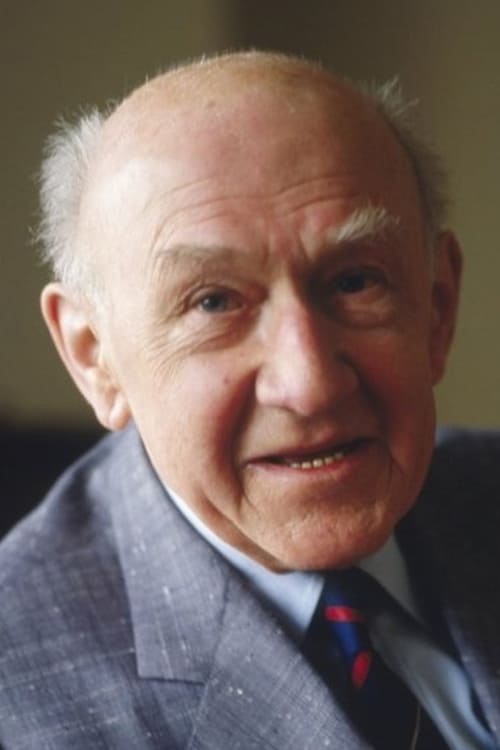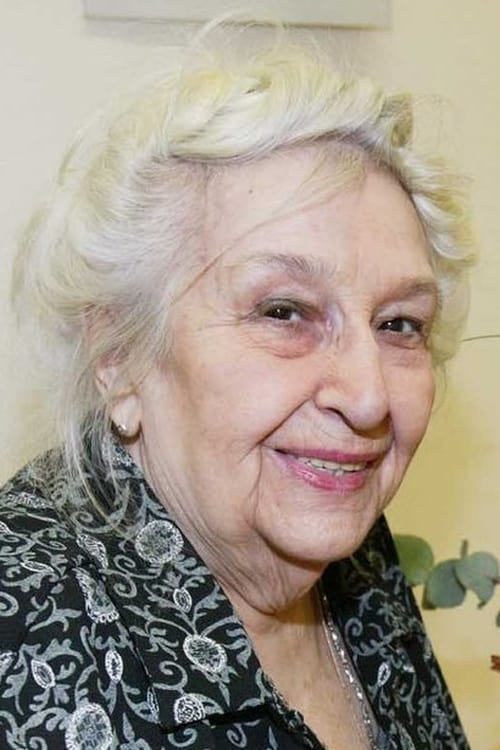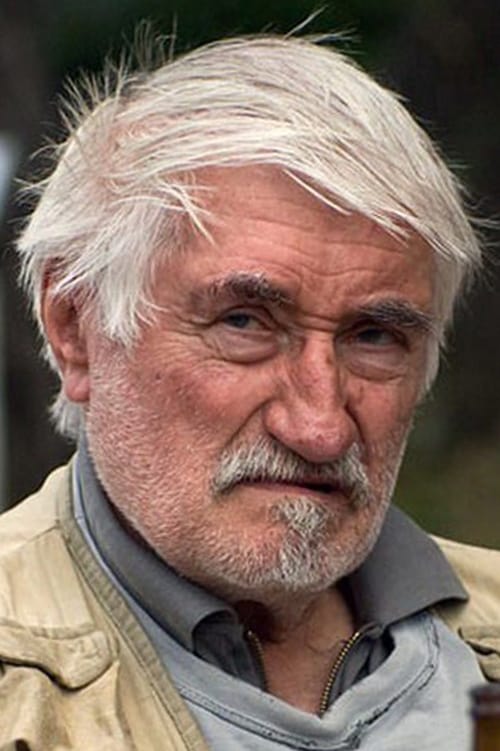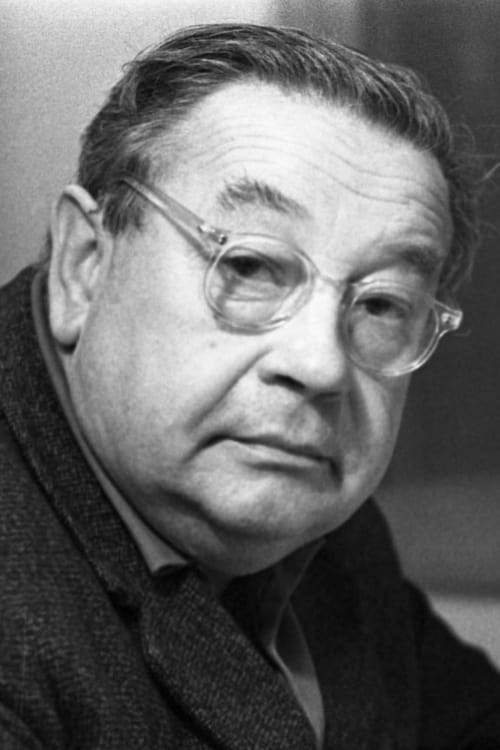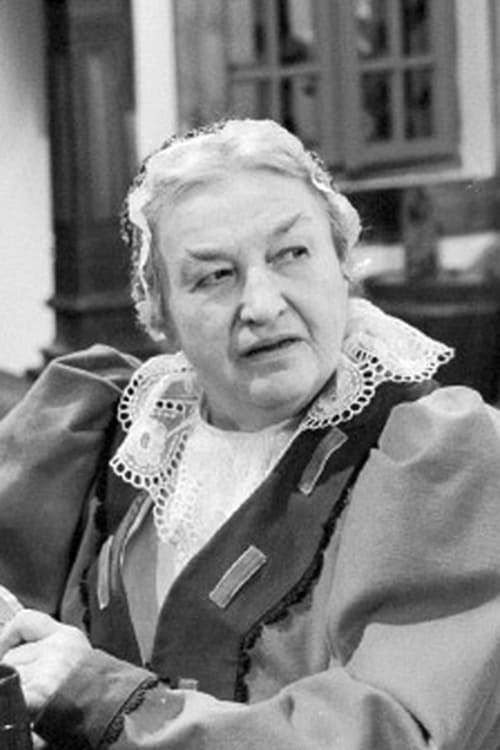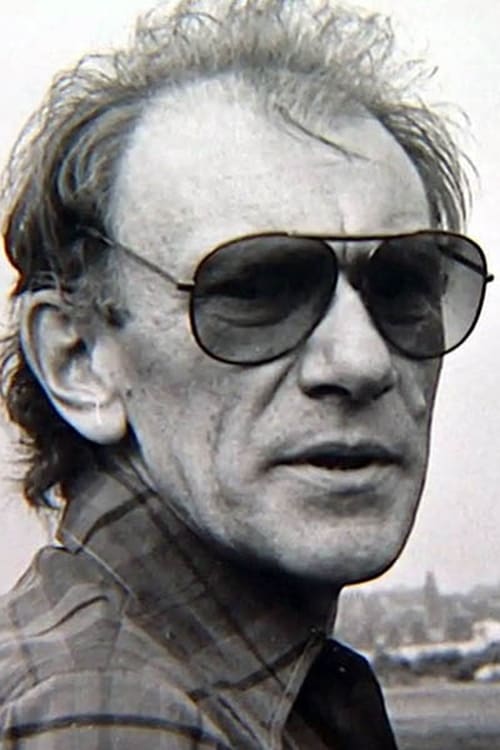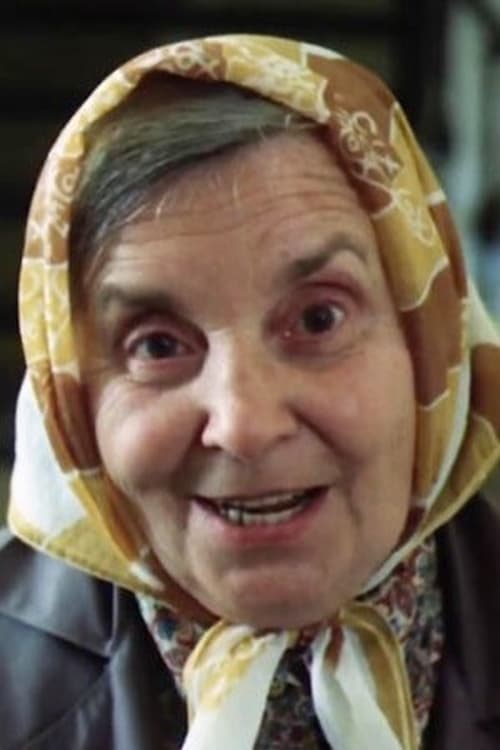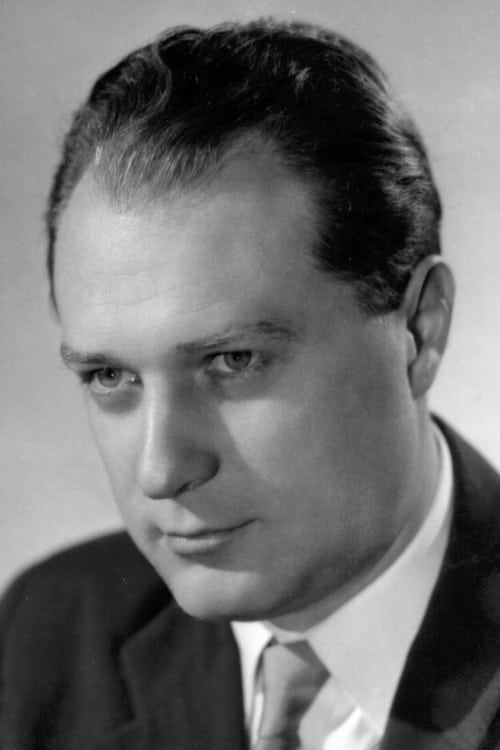Wedding Under Supervision (1967)
Genre : Comedy
Runtime : 1H 34M
Director : Jiří Krejčík
Writer : Jiří Krejčík, Zdeněk Mahler
Synopsis
A comedy about two bumbling policemen investigating an alleged rape in a small Czech town. One of the alleged rapists is supposed to get married the day he's locked up.
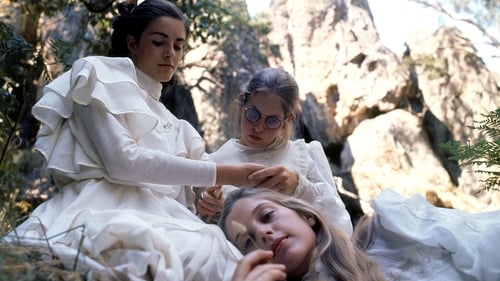
In the early 1900s, Miranda attends a girls boarding school in Australia. One Valentine's Day, the school's typically strict headmistress treats the girls to a picnic field trip to an unusual but scenic volcanic formation called Hanging Rock. Despite rules against it, Miranda and several other girls venture off. It's not until the end of the day that the faculty realizes the girls and one of the teachers have disappeared mysteriously.

From the director of Wolf Creek comes this terrifying look at nature's perfect killing machine. When a group of tourists stumble into the remote Australian river territory of an enormous crocodile, the deadly creature traps them on a tiny mud island with the tide quickly rising and darkness descending. As the hungry predator closes in, they must fight for survival against all odds.
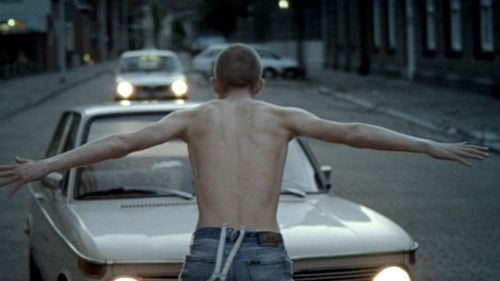
In the late Seventies, a Dutch teenager named Frankie, who is the son of a holocaust survivor, lives in a working class area in Holland. Frankie’s mother is taken to hospital in a terminal condition, causing a bigger rift between him and his father. This leads to Frankie becoming the interest of the local Nazi skinhead group.
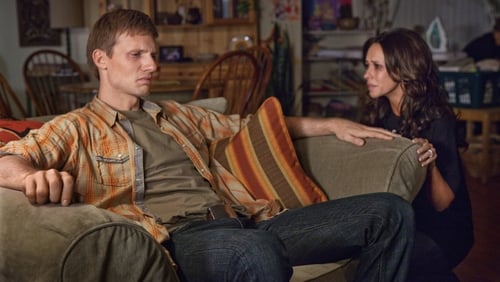
After she and her husband lose their jobs, a former Texas homecoming queen inadvertently finds herself in the middle of a prostitution ring after she unknowingly accepts a position at a massage parlor.
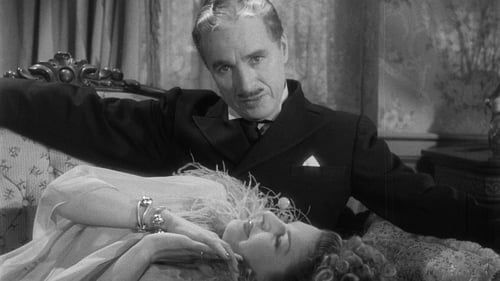
The film is about an unemployed banker, Henri Verdoux, and his sociopathic methods of attaining income. While being both loyal and competent in his work, Verdoux has been laid-off. To make money for his wife and child, he marries wealthy widows and then murders them. His crime spree eventually works against him when two particular widows break his normal routine.
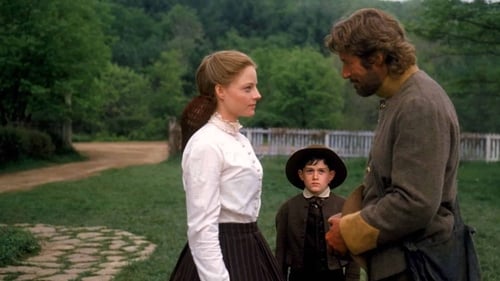
Set in the South just after the US Civil War, Laurel Sommersby is just managing to work the farm without her husband, believed killed in battle. By all accounts, Jack Sommersby was not a pleasant man, thus when he suddenly returns, Laurel has mixed emotions. It appears that Jack has changed a great deal, leading some people to believe that this is not actually Jack but an imposter. Laurel herself is unsure, but willing to take the man into her home, and perhaps later into her heart.

In New South Wales, Jared surfs with his mates and has a first girl. He hosts a beach party for his older pal, Ricko, and witnesses four of his mates gang-rape a 15 year old. He does nothing, and the next day, she's found murdered. At school, the boys and the girls react: the girls with anger at the perpetrators, the boys with jeering at the dead girl's morality. The students' parents have their own responses. Jared retreats into angry silence, disgusted that he did nothing to help the dead girl. Meanwhile, his mother wants to talk to him about her impending cancer surgery, the police want to know what he saw, and his friend Ricko wants an alibi. Jared's cracking under the pressure.

The movie is based on the autobiography of Horst Fantazzini. Son of an anarchist, he was known in Northern Italy as “the gentleman bandit” because he robbed banks without violence, with only a toy gun. After many convictions and jailbreaks, in the summer of 1973 he's being held in Fossano, Piedmont when he tries to escape again. This time things get messy and he has to use a real gun and take two prison guards as hostages.
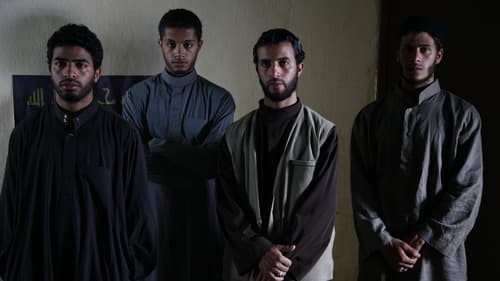
The film follows two brothers over the course of a decade. While they begin as kids in search of thrills in the sprawling slums of Morocco’s Sidi Moumen, we witness their gradual, and ultimately shocking, radicalisation.

Kenny Wells, a modern-day prospector, hustler, and dreamer, is desperate for a lucky break. Left with few options, Wells teams up with an equally luckless geologist to execute a grandiose, last-ditch effort: to find gold deep in the uncharted jungle of Indonesia.

Three people, three extraordinary stories. All lived out within a hundred London streets.
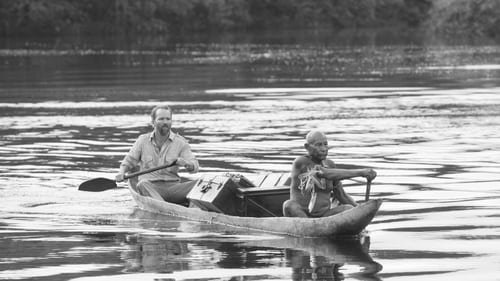
The epic story of the first contact, encounter, approach, betrayal and, eventually, life-transcending friendship, between Karamakate, an Amazonian shaman, last survivor of his people, and two scientists that, over the course of 40 years, travel through the Amazon in search of a sacred plant that can heal them. Inspired by the journals of the first explorers of the Colombian Amazon, Theodor Koch-Grunberg and Richard Evans Schultes.
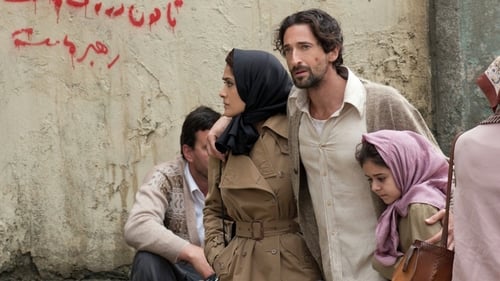
In this adaptation of the critically acclaimed debut novel by Iranian American author Dalia Sofer, a secular Jewish family is caught up in the maelstrom of the 1979 Iranian Revolution.

Walid, a video blogger, returns to his Egyptian countryside home to document and investigate strange happenings that have been disturbing his family since the death of his father.

Good Grief is a short stop motion animated documentary that explores the lessons we learn from dealing with grief and loss. Five real people share their true stories of losing something precious and what it has taught them about living.

Serial killer Keith Jesperson murders at least eight women over a five-year span and taunts authorities with disturbing letters and scribbled confessions signed with a happy face.

Among the millions of victims of the Nazi madness during the Second World War, Pierre Seel was charged with homosexuality and imprisoned in the Schirmeck concentration camp. He survived this terrifying experience of torture and humiliation, and after the war he married, had three children, and tried to live a normal life. In 1982, however, he came to terms with his past and his true nature and decided to publicly reveal what he and thousands of other homosexuals branded with the Pink Triangle had undergone during the Nazi regime. Il Rosa Nudo (Naked Rose), inspired by the true story of Pierre Seel, depicts in a theatrical and evocative way the Homocaust, focusing on the scientific theories of SS Physician Carl Peter Værnet for the treatment of homosexuality, which paved the way for the Nazi persecution of gay men.

Liz, just returned home after a mental breakdown, has to welcome a relative stranger into her home when Caitlin, a young, vivacious woman, claims to be her husband's daughter.

Jánošík has been topic of many Slovak and Polish legends, books and films. According to the legend, he robbed nobles and gave the loot to the poor. The legend were also known in neighboring Silesia, the Margraviate of Moravia and later spread to the Kingdom of Bohemia. The actual robber had little to do with the modern legend, whose content partly reflects the ubiquitous folk myths of a hero taking from the rich and giving to the poor. However, the legend was also shaped in important ways by the activists and writers in the 19th century when Jánošík became the key highwayman character in stories that spread in the north counties of the Kingdom of Hungary (present Slovakia) and among the local Gorals and Polish tourists in the Podhale region north of the Tatras.
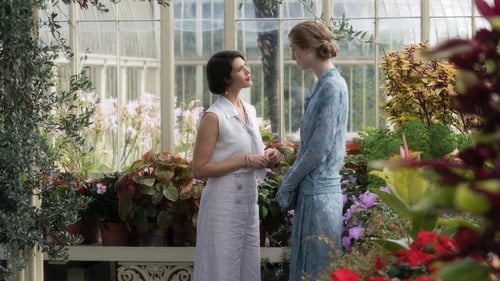
Socialite Vita Sackville-West and literary icon Virginia Woolf run in different circles in 1920s London. Despite the odds, the two forge an unconventional affair, set against the backdrop of their own strikingly contemporary marriages.




